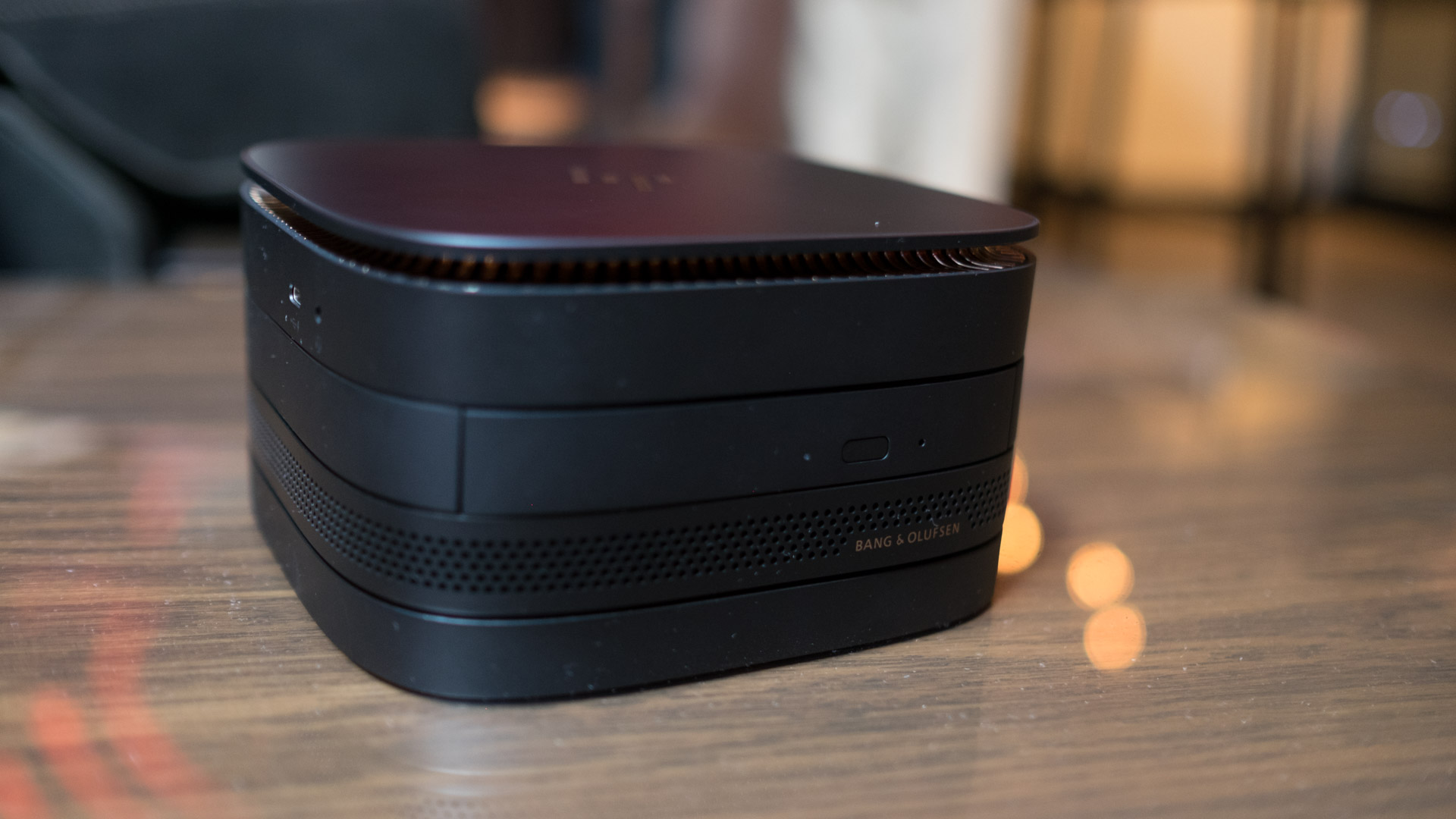Modular computers are bad for businesses and here's why
Jumping on the bandwagon

Sign up for breaking news, reviews, opinion, top tech deals, and more.
You are now subscribed
Your newsletter sign-up was successful
After Lenovo (and Motorola) and Acer, HP has become the next vendor to embrace the concept of modularity for business computers, going well beyond what Lenovo has been working on with its ThinkPad Stack range.
Combining different slices will allow the user to convert the base unit – a standard PC - into a UC (unified communication) solution with a wireless charging option. But the possibilities remain endless –why not have a projector as well?
While HP's endeavour is commendable, one wonders whether it is actually geared in the right direction. Sure, this is innovation and after the Elite X3 and the gorgeous HP Spectre, it's great to see HP innovating again.
Wrong target?
But we cannot help but wonder whether that is the right strategy. There are a few reasons why modularity, as a production concept, hasn't picked up across mobile devices.
Compatibility issues, stocking multiple components, a higher bill of material, higher maintenance, a potentially higher rate of returns and higher pricing due to lower demand. All could play against the modular dream.
Conceptually, modularity is attractive. But the reality is, well, very different. Which explains why the overwhelming number of electronic devices sold worldwide are still integrated, encased and sold as discrete units.
Which brings us back to the Elite Slice. Trying to be a jack of all trades covering a lot of options using add-ons is interesting but that's not what businesses usually aspire to.
Sign up to the TechRadar Pro newsletter to get all the top news, opinion, features and guidance your business needs to succeed!
At the core of most business purchases is the concept of "buy-and-forget"; from laptops to switches, monitors, printers and routers, you just want them to work without having to worry about configuration and finding out where that particular Slice went.
Extending modularity, in this case, just makes things muddled.
The Elite X3 was a great example of modularity because it is pretty much a unique concept. An expensive optical drive that connects via a proprietary port (Slice Connector) to a desktop computer isn't.
Lessons from the past and others
It is interesting to note that Dell is the only one who has yet to dip its toes in the modular market. And why would it? Its previous attempt to be a jack of all trades backfired spectacularly in the past (remember its TV range, the Axim and the Venue?).
There are still plenty of opportunities and challenges in the world of enterprise end-client computing. For example, no one has managed to produce a truly compelling business-grade 2-in-1 convertible.
Opportunities still abound when it comes to improving pain points in businesses, big and small. HP gave a glimpse of what it can do by pioneering the device-as-a-service offering, which promises a single pay-monthly fee for your device akin to a mobile phone plan.
And Dell proved that traditional clients like laptops can still be improved without following trends when it unveiled its award winning XPS 13.
For now though, let's just hope that HP recycles the idea and transforms it into a consumer product (the Elite Slice, lest not forget, was launched at IFA, a B2C event).
- Even Google looks likely to get out of the modular game, apparently shelving its Project Ara phones.

Désiré has been musing and writing about technology during a career spanning four decades. He dabbled in website builders and web hosting when DHTML and frames were in vogue and started narrating about the impact of technology on society just before the start of the Y2K hysteria at the turn of the last millennium.